10 Tips for Before and After Closing Your Pool
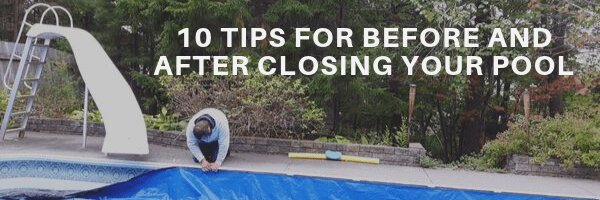
It’s that sad time of the year again, time to start prepping to close the pool down. Ugh! We had a late start, but the weather in July and August more than made up for it. Hopefully you all made it through Hurricane Dorian without too many issues.
Here are a few helpful tips as you begin your preparations.
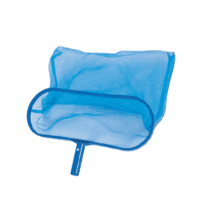 Ensure you remove any leaves or debris from the pool that may have found its way in there during Dorian or just trickling down as the leaves are falling.
Ensure you remove any leaves or debris from the pool that may have found its way in there during Dorian or just trickling down as the leaves are falling.
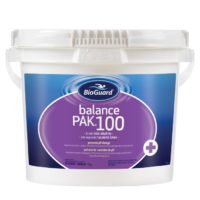 Balance your pool chemicals – visit us for a full water chemistry check up. Our “Alex” system will measure what chemicals are currently in the pool and what you need to keep the pool its healthiest during the winter months.
Balance your pool chemicals – visit us for a full water chemistry check up. Our “Alex” system will measure what chemicals are currently in the pool and what you need to keep the pool its healthiest during the winter months.
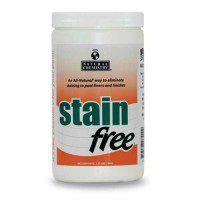 If you have any staining or discoloration on the liner, the steps or even a bathtub ring, you will want to clean this up prior to closing the pool.
If you have any staining or discoloration on the liner, the steps or even a bathtub ring, you will want to clean this up prior to closing the pool.
- Check for any leaks – if you suspect a leak in your pool you will want to have this dealt with prior to draining the water down.
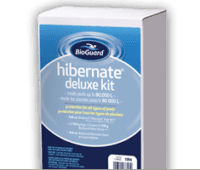 Add your winter closing kit and allow to circulate in the water for at least 6 hours prior to draining the pool for the winter and putting on your winter cover.
Add your winter closing kit and allow to circulate in the water for at least 6 hours prior to draining the pool for the winter and putting on your winter cover.
After the pool is closed:
- Place your baskets, site glass, pressure gauge, and all the little bits in one place so you know where to find them come spring.
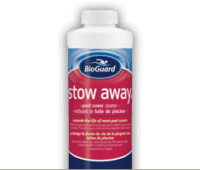 Clean your solar blanket with a product such as BioGuard’s Stow Away. Also take the time to clean / rinse your pool equipment to remove any chemicals that may still be on them. This will help to prolong their life. https://www.rrpools.ca/shop/bioguard-stow-away/
Clean your solar blanket with a product such as BioGuard’s Stow Away. Also take the time to clean / rinse your pool equipment to remove any chemicals that may still be on them. This will help to prolong their life. https://www.rrpools.ca/shop/bioguard-stow-away/
- For those who have a saltwater pool, you will want to clean your salt cell before you leave the pool
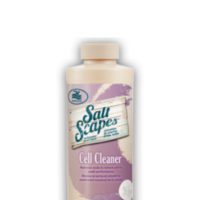 for the winter. We recommend using BioGuard’s Saltscapes Cell Cleaner. A salt cell stand is also a very handy tool when it comes to cleaning the salt cell. You can purchase yours here: https://www.rrpools.ca/shop/salt-atlantis-cell-stand-for-cleaning-salt-chlorinator-cells/
for the winter. We recommend using BioGuard’s Saltscapes Cell Cleaner. A salt cell stand is also a very handy tool when it comes to cleaning the salt cell. You can purchase yours here: https://www.rrpools.ca/shop/salt-atlantis-cell-stand-for-cleaning-salt-chlorinator-cells/
- Store your chemicals in a clean, cool, dry, well ventilated area, away from other household chemicals. Keep the original lids on all chemical containers and make sure the lids are closed tightly. Do not stack chemicals on top of one another and keep liquids away from dry chemicals. Liquids should be stored in a location so that they do not freeze.
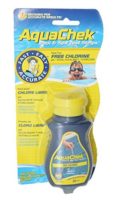
- Test strips should be stored at room temperature and have an expiry date, be sure to check it. Chemical reagents for testing should be replaced yearly.
Feel free to contact one of our knowledgeable team members if you have any questions that we have not covered or if you wish for our crews to close your pool.
